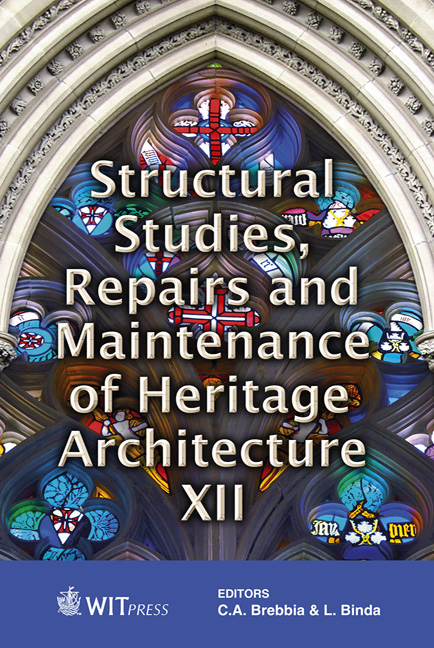Preservation Of Archaeological Heritage: The Spell Of Interpretation
Price
Free (open access)
Transaction
Volume
118
Pages
11
Page Range
375 - 385
Published
2011
Size
332 kb
Paper DOI
10.2495/STR110311
Copyright
WIT Press
Author(s)
M. Leus & M. Arckens
Abstract
In consequence of The Convention of La Valetta on protection of the European archaeological heritage, archaeology evolved from research exclusively performed by universities and museums to a developer-funded archaeology that is part of the Spatial Planning Policy. Nevertheless, this new approach of archaeology did not result in sites which are easily accessible, neither in an implicit nor explicit way, for visitors and the host community. This research focuses on the process of interpretation of archaeological heritage in situ. The suggested process of opening up uses the experience in relation to memories. The ontological content of the experience, leads to ‘an experience of being’ in contrast to ‘an experience of event’, which makes it a hermeneutical activity. The reading of Nora’s ‘lieux de memoire’ is always a matter of interpretation, but it must take place in a temporal space, where past and present are interconnected, and it is a reading that recognizes the distance in time as a continuous process. We will discuss different methods for the creation of a conceptual framework as a basis for empirical research in the field of experiential qualities of archaeological sites. A concept based on multisensory experience and the semiotic model of Peirce, in particular the interpretation of the relation between a sign and its object, offers a significant instrument that reveals experiences and associations. In this way a sensorial layer is added. Presentation of archaeological sites by means of different opening up-strategies generates opportunities for a broader heritage and sustainable environmental awareness and is considerate of our responsibility for future generations. Keywords: preservation, interpretation, presentation, experience, memories, semiotics, flow.
Keywords
preservation, interpretation, presentation, experience, memories, semiotics, flow




